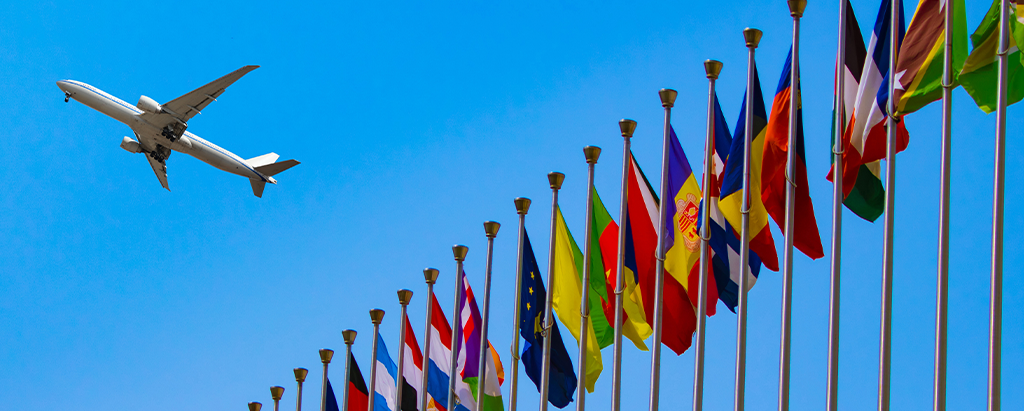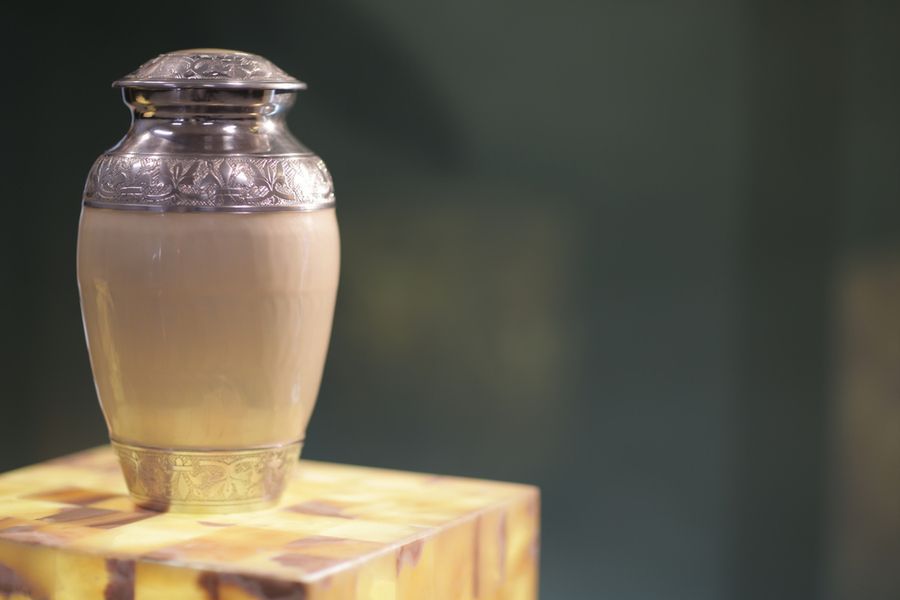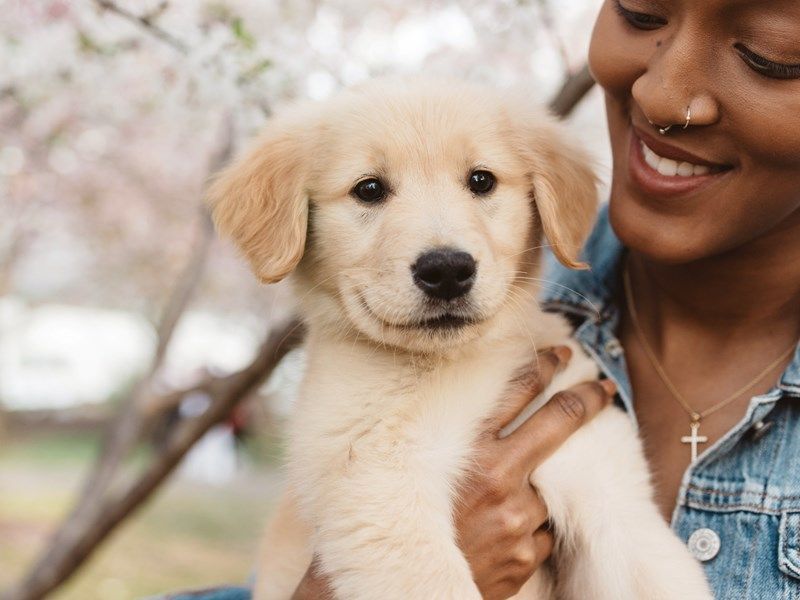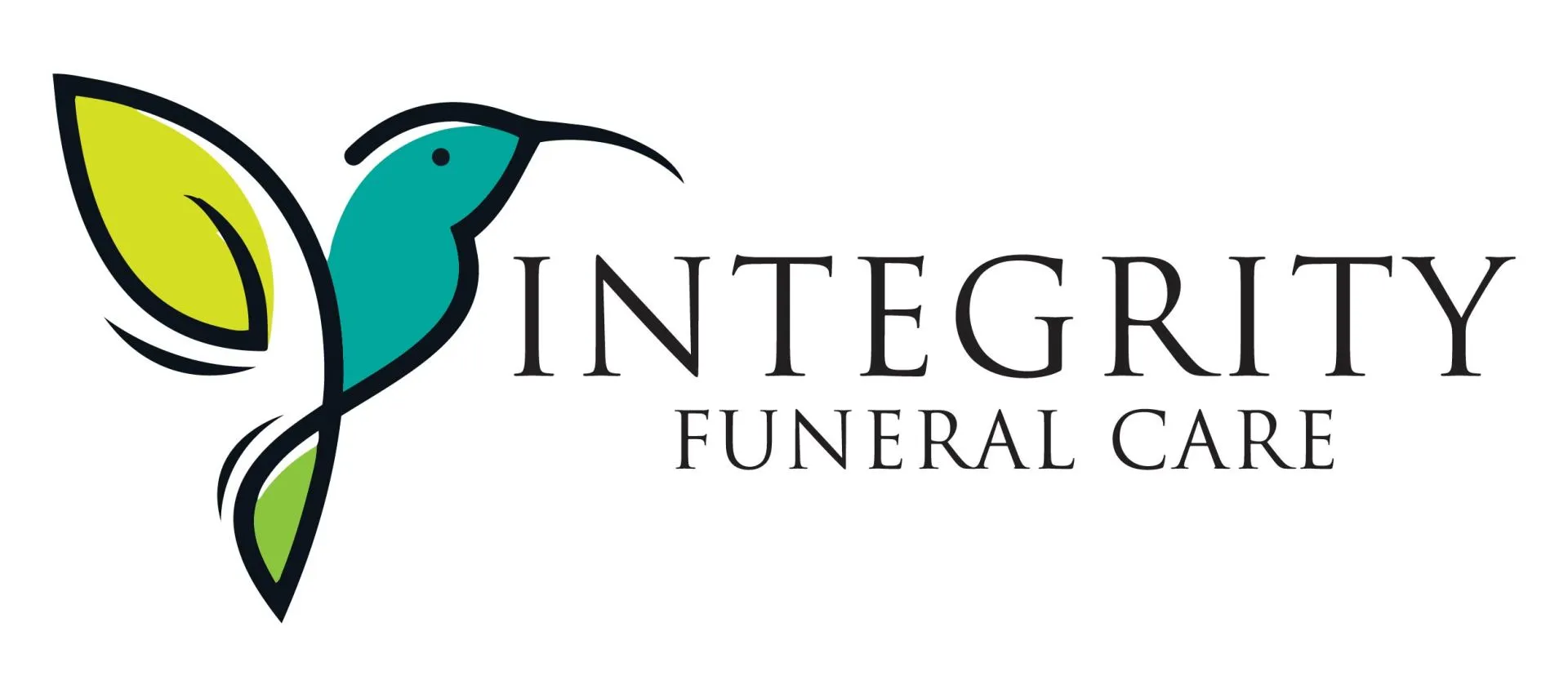How to repatriate your loved one to a country outside the UK
How to repatriate your loved one to a country outside the UK

Often families want to honour the last request of their loved one by having their body or ashes taken back to the land of their birth. This can be a daunting prospect for many funeral directors who are not experienced in the process, and for families the stress and complexity of the regulations can seem overwhelming.
At Integrity Funeral Care we provide an end-to-end service to take all the anxiety away. Some people do, however, prefer to make these arrangements themselves. What we would say is that if you do decide to take the task on, there are a number of steps which have to be taken to ensure the deceased’s safe arrival. Equally, if using a funeral director other than ourselves, please do make sure they fully understand what’s involved as many do not. Some will only deal with the UK element of the procedure and have nothing to do with liaising with their counterparts abroad. Failure to fulfil each part of the process correctly can lead to delays or even to the body being refused exit from the UK or admission to the country in question. This is your step-by-step guide to what must be done.
Point one
Where in particular did the departed wish to be buried? Did they have a specific parish in mind or a particular cemetery? Do you already know a funeral director who can place them there? Take care when identifying that final resting place that you are very specific about the precise location. Cemeteries in the Caribbean, for example, tend to be privately run and often have the same name – e.g., there are Dovecote cemeteries in Jamaica in both Kingstone and St Catherine’s. We have known remains to be taken to one while the family are gathered at the other which is very distressing for all concerned. Making sure everyone knows exactly where you mean is vital.
Point two
If you are attempting the repatriation process yourself or relying on another funeral director to do so, how effective is the communication with the service provider at the other end? Will you have to pay both separately? At Integrity Funeral Care we settle the fees with our counterparts abroad so you only receive one bill, but not everyone works that way and it’s important for you to be sure to avoid any nasty financial shocks.
Point three
Not all funeral directors in the country of receipt are experienced in taking charge of remains from the UK or anywhere else overseas. There is a lot of paperwork involved and if they don’t know exactly what they’re doing things can go wrong. For example, there is one document in particular which, if not presented in proper order, will potentially prevent the casket or urn being put onto the aeroplane or even being sent back from the country of destination. This is called an Out of England Certificate and is normally provided either by the coroner or Registrar of Births Marriages and Deaths in the UK. It is essential to have this prior to travel. Equally, the British Embassy or High Commission in the country to which the remains are going need to know they are on their way. If officials at both ends of the chain are fully informed, the entire customs process will be significantly smoother. If they’re not, the body could be held up for a number of days. Harrowing to recount, but this can be hugely problematic, especially if the casket is held up in an airport storeroom for a number of days in a hot country. There is no pleasant way to put it. If decomposition takes hold, it is all too easy to imagine the potential consequences, up to and including making a viewing for local family members impossible.
Point four
Specific problems can arise with the repatriation of ashes, again if the proper paperwork is lacking. Crematoria produce certificates of cremation, and we at Integrity Funeral Care also provide our own official document confirming that a cremation has taken place. These papers will confirm the contents of an urn to customs. If they are absent, it is perfectly possible that the ashes will be opened and samples taken to test for drugs or explosives. – something which no family would wish to be put through – and again, alerting the High Commission or Embassy in advance can help ensure this doesn’t happen. It is worth pointing out that families often decide on repatriation some time after a cremation has taken place, even years down the line, so if these certificates have been issued it is vital to make sure they are kept in a safe place for future use.
We hope the explanation above will have given you all the information you need to be able to undertake a repatriation successfully as we know how important it is for everyone’s peace of mind for things to go as smoothly as possible. If you have any questions about what’s required or if your loved one needs to go home and you wouldlike our help, please do not hesitate to get in touch.






Head Office:
Integrity Funeral Care Limited
71 – 75 Shelton Street
Covent Garden
London
WC2H 9JQ
Branches in:
Hackney, London
Bromley, London
Hayes, Middlesex





